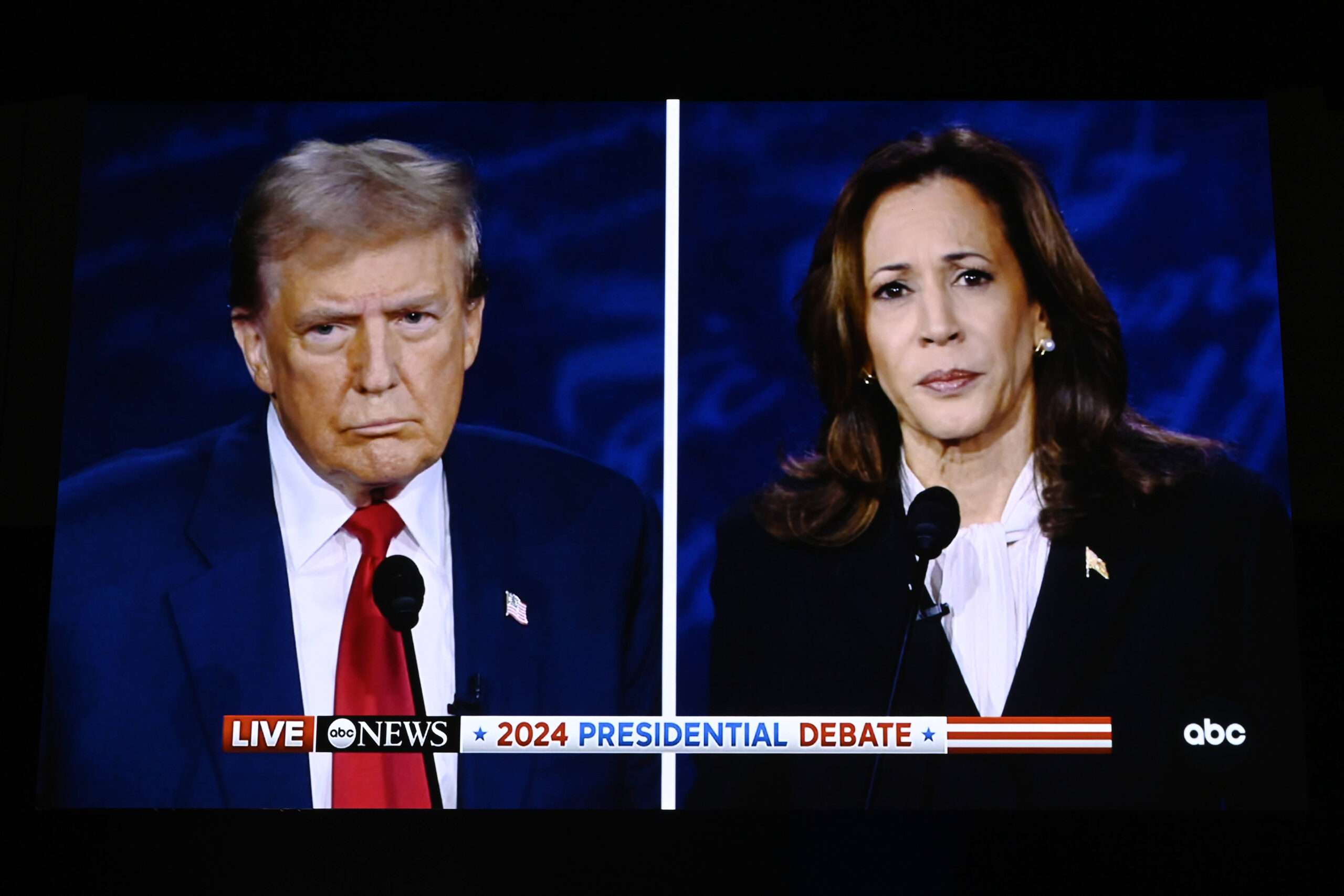Impact of Tax Reforms on Citizens and Economy Explored
Explore the potential impacts of tax reforms and policies across various countries, including the United States, Nigeria, and the United Kingdom, offering a comprehensive view of their economic consequences.
Published September 17, 2024 - 00:09am

Image recovered from reason.com
Taxation remains one of the hottest topics in political and economic discussions globally. As nations strive to balance budgets while fueling economic growth, a variety of tax initiatives and reforms have emerged, sparking debate about their potential impacts.
The upcoming U.S. presidential election highlights the contrasting tax policies between Vice President Kamala Harris and former President Donald Trump. Analysts have scrutinized their tax plans, revealing considerable differences in projected fiscal impact. Harris proposes increasing the corporate income tax rate from 21 percent to 28 percent and imposing new taxes on high earners. These measures are expected to raise approximately $1.7 trillion over ten years. However, they may also reduce long-run GDP by 2 percent and employment by 786,000 full-time equivalent jobs. Trump, on the other hand, aims to lower the corporate tax rate to 15 or 20 percent and make permanent elements of the Tax Cuts and Jobs Act. While these changes could increase long-run GDP by 1.5 percent, they would potentially reduce overall federal tax revenue by up to $1.3 trillion over ten years.
The implications of these tax policies are multifaceted. For example, Trump's proposed tariffs on Chinese goods could lead to trade wars, further complicating economic outcomes. Conversely, Harris's plans might face challenges in enforcement and efficiency, as her intentions to increase taxes on high earners and corporations navigate uncharted territory.
Similarly, Nigeria is pursuing ambitious tax reforms under President Bola Tinubu's administration. Nigeria's tax-to-GDP ratio is notably low at 10.9 percent, and the country struggles with inefficiencies and corruption in tax collection. Tinubu's reforms aim to simplify the tax structure, proposing a reduction from over 60 taxes to just six or eight, with exemptions for low-income earners and small businesses. Despite these efforts, the effectiveness of such reforms hinges on the government's ability to enforce them and address longstanding issues. The removal of fuel subsidies serves as a cautionary example, as it led to public backlash and inflation without delivering the promised investment dividends.
Further complicating the discourse on tax reforms is the potential increase in Nigeria's Value Added Tax (VAT) from 7.5 percent to 10 percent by 2025. Such moves could erode the purchasing power of the middle class amidst rising inflation, risking heightened public discontent. Meanwhile, the redistribution of VAT revenue to states and local governments raises concerns due to historical inefficiency and corruption at these levels of government.
In the United Kingdom, discussions about wealth taxes are gaining traction. Chancellor Rachel Reeves is tasked with addressing a £22 billion hole in public finances. Potential tax hikes are on the horizon, targeting non-domiciled residents, wealthy families, and capital gains. The prospect of higher taxes has already stirred unease among the ultra-rich, with threats of relocation to more tax-friendly cities like Dubai and Singapore. The government faces the challenge of balancing fair taxation and retaining global talent and investment. Introducing drastic tax hikes could disrupt the business environment, as investment bankers warn that higher capital gains taxes may stifle risk-taking and wealth creation.
Senator Elizabeth Warren has also spotlighted the disparities in effective tax rates between the richest Americans and the average workers. Highlighting the 'buy-borrow-die' loophole, Warren argues that the ultra-wealthy can avoid significant taxes, thus widening the economic divide. This contentious issue reveals the complexities in implementing tax reforms intended to promote fairness without stifling economic growth.
Each of these perspectives emphasizes the intricate balance required in tax reforms to foster economic growth, encourage enterprise, and ensure equitable revenue collection. Whether through Harris's and Trump's proposals in the U.S., Tinubu's reforms in Nigeria, or the UK's potential wealth taxes, it is clear that the success of tax policies depends as much on effective governance and public trust as it does on the policies themselves.








